Harvest scenes make autumnal beauty in Changning
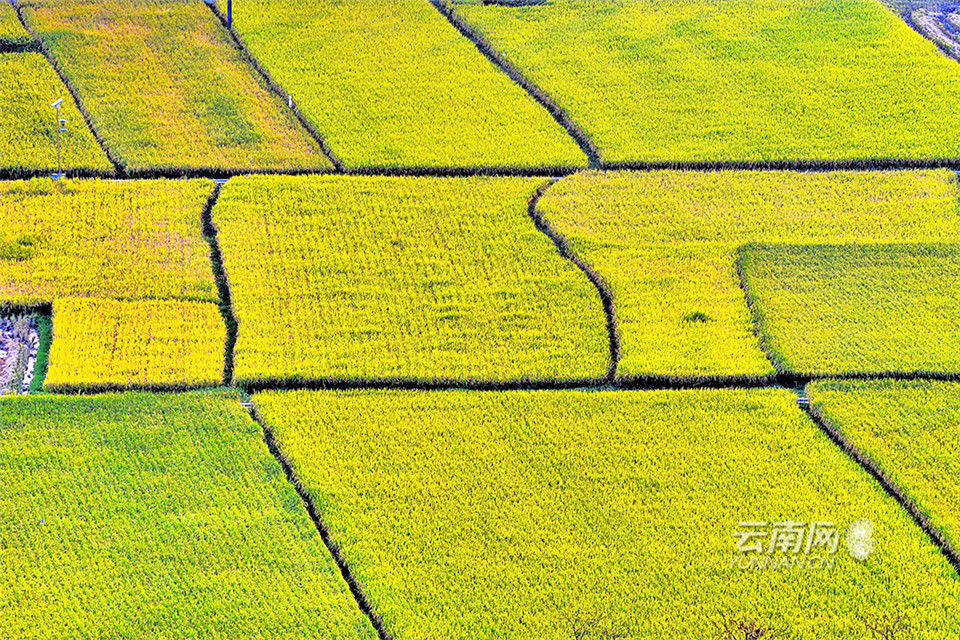
In the days of Autumnal Equinox, one of the 24 solar terms of the traditional Chinese lunar calendar, Changning county in southwest Yunnan’s Baoshan presents tourists enchanting harvest scenes that typically appear in mid-autumnal days.
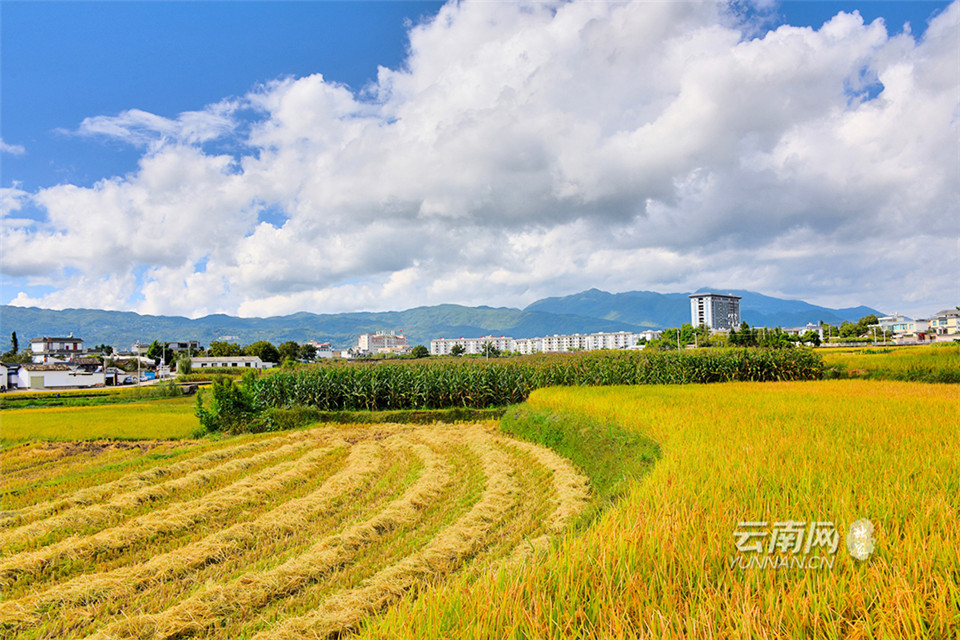
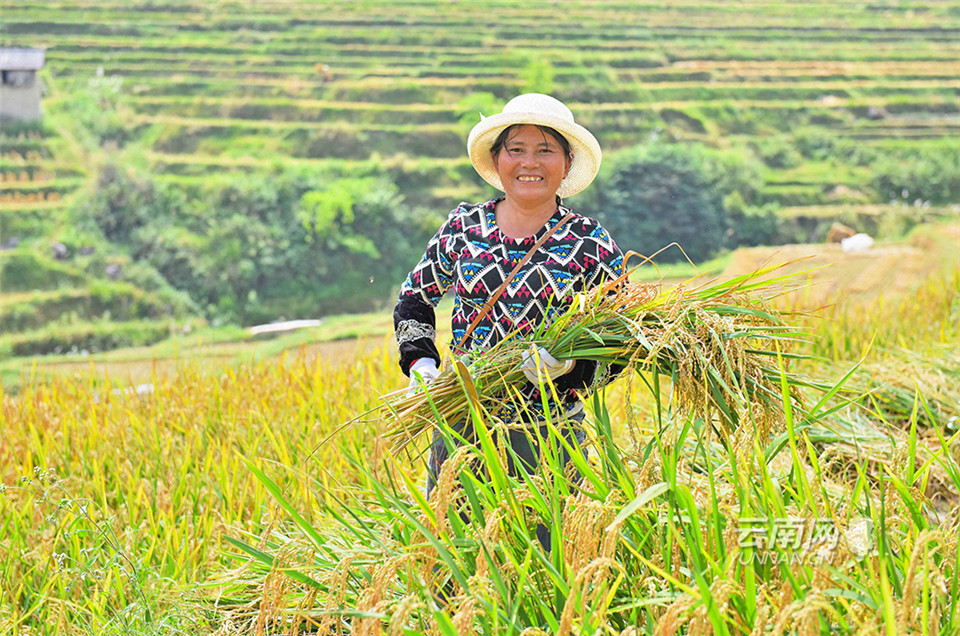
The Changning basin is a good area for producing rice. Forming a golden sea, the crop will be harvested in the days of Cold Dew (Oct 8-22 this year).
In history, the area was favored by Xu Xiake, a Chinese travel writer and geographer of the Ming Dynasty (1368-1644) known best for his famous geographical treatise.
Poet Yang Shen, a Sichuan native in the Chinese Ming dynasty, poured his passion in Changning on harvest days, mistaking this promised land as his hometown when drunk.
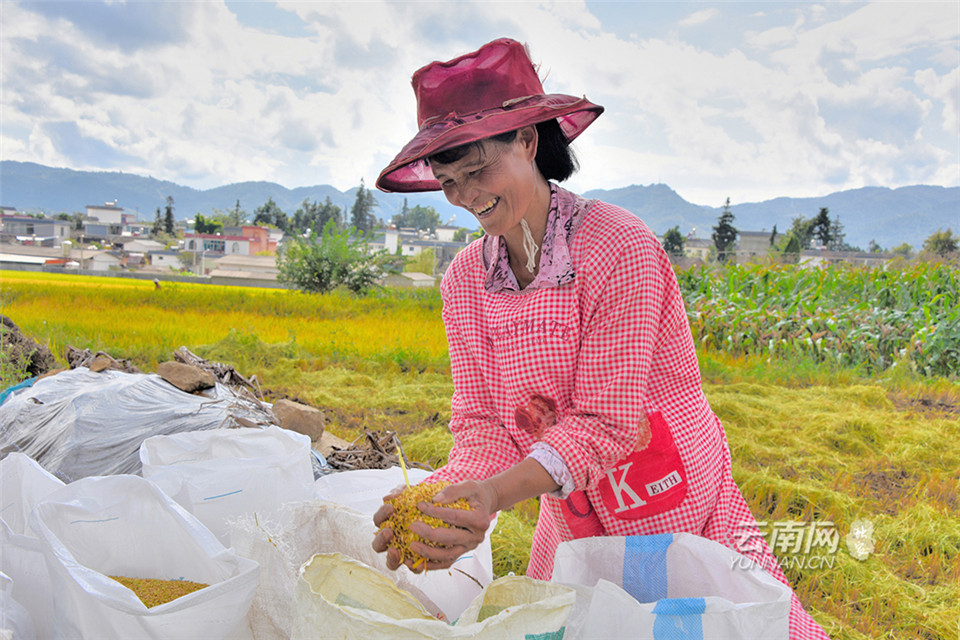
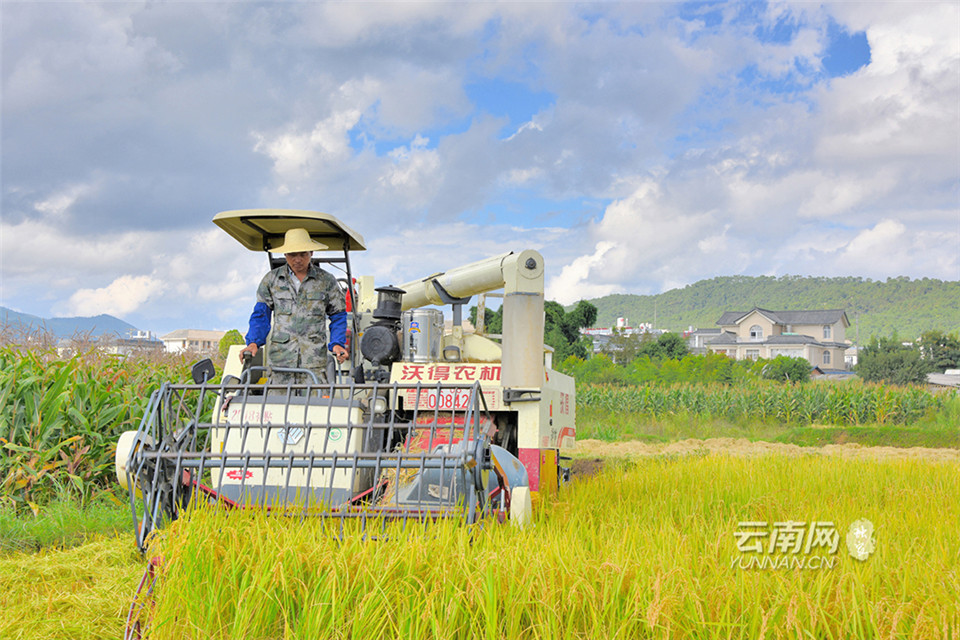
Harvest is closely related to agriculture, which is now common legacy for the industrialized world. But for those living in rural areas across the globe, the harvest season is simply unforgettable.
In rural China, most ethnic groups observe the harvest festival on the tenth day of the tenth month of the Chinese lunar calendar, while the She and other ethnic minorities celebrate harvest on the Mid-Autumn day.
Pongal, is also referred to as Thai Pongal, is a multi-day harvest festival of South India, particularly in the Tamil community. It is observed at the start of the month Tai according to Tamil solar calendar, and this is typically about January 14.
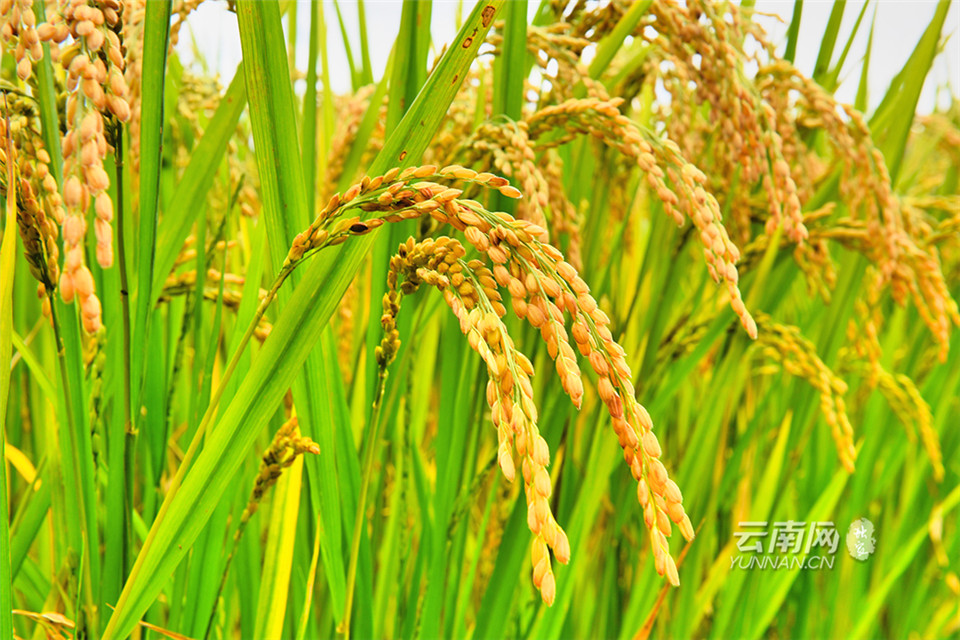
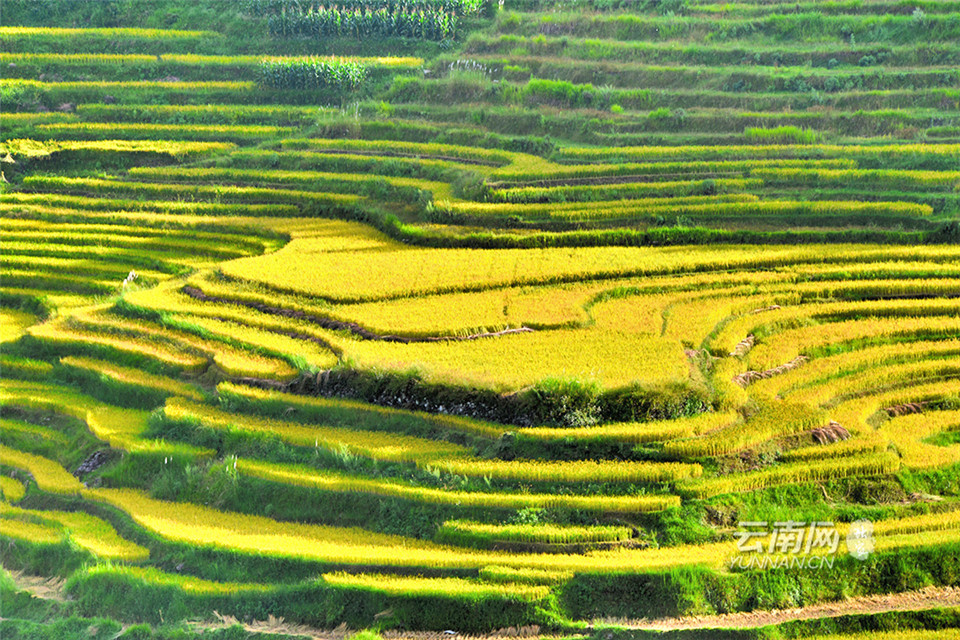
In Changning, the festival used to be an occasion for trying newly-grinded rice, with the day unfixed. When carefully prepared, the cooked rice and meat were first offered as tributes to the heaven, the earth and the forefathers.
Before Changning folks enjoy the new rice, they also gave some to the dog. Legend has it that rice seeds were first brought from heaven to earth by the dog, which hid them in its tail.
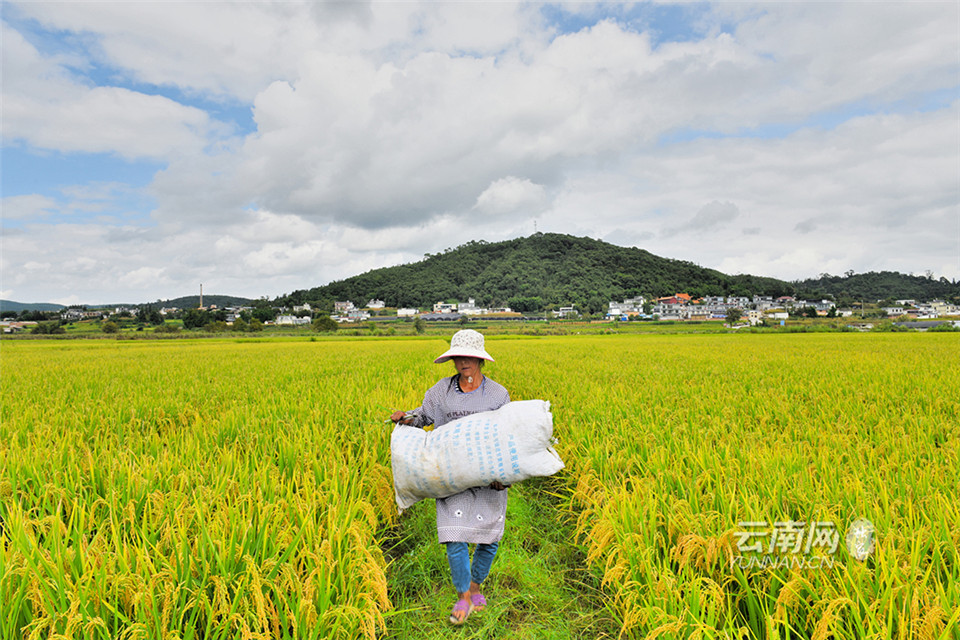
Source: Yunnan Net; trans-editing by Wang Shixue